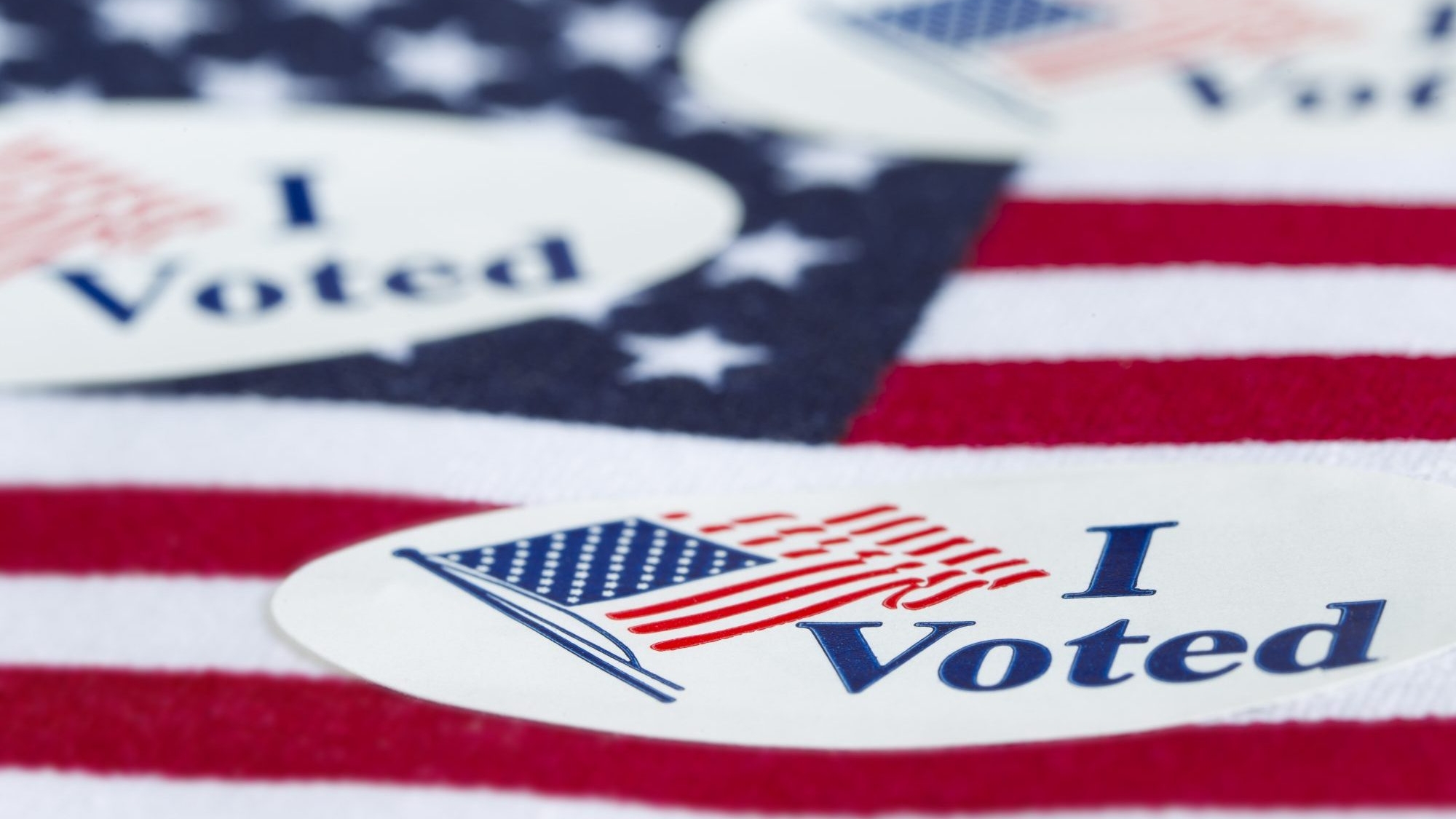A few days ago, Sen. Tommy Tuberville stood in the U.S. Senate and declared that HR1 — a Democratic-backed bill to regulate elections practices across the country — a “partisan” attempt to give Democrats an advantage.
However, Democrats who support the bill say it is a non-partisan attempt to create a nationwide set of rules ensuring that Americans, no matter their political allegiances, have an opportunity to register and cast a ballot while still providing secure election practices.
The bill goes further than that, though. In addition to the voting and registration mandates, it also seeks to clean up some of the biggest problems in American government — namely, the massive influence of money.
It does so through a set of laws that tighten reporting requirements on nonprofits and PACs, create new regulations for lobbyists and removes lawmakers from the process of drawing voting districts.
What follows is a general breakdown of the bill’s biggest changes. It’s not everything in there, but it’s the most significant portions. You can judge for yourself if it goes too far, or if the changes would merely allow voters to cast ballots more easily and clean up some of the worst parts of our government.
Automatic Voter Registration
Each state would be required to implement automatic voter registration that is based on information available in other government databases, such as the Department of Motor Vehicles, Medicare, various justice system databases, etc. There would be an opt-out option for any voter who chose not to participate. The database system would also be used to continually update voter rolls, making them more accurate and eliminating the need for massive — and often error-filled — purge processes.
Expanded Voting Options
Each state would also be required to allow at least 15 days of early voting and to offer mail-in voting options, making it easier for working Americans — and particularly working parents — to cast legal ballots. Additionally, the bill would require same-day registration options at the polls.
Gerrymandering
The bill would require each state to set up a redistricting commission comprised of people who aren’t politicians. There would be five registered Democrats, five registered Republicans and five independents on each state commission. They would draw district lines based on census information and laws. Additionally, the bill would make challenging district lines easier for the general public by implementing a mandatory public comment period and allow for lawsuits specifically over gerrymandering.
No More Dark Money
The bill would require that all Political Action Committees (PACs) disclose their donors. This would be a major shift in political funding, lifting the veil on billions of dollars that flow secretly to various campaigns. It would also require publicly traded companies to disclose all political donations to shareholders. Also, the bill would require that Twitter, Facebook and other online platforms disclose the source of funding for political advertising. And it would beef up the IRS’ ability to investigate the misuse of nonprofits in political activities, and strengthen the penalties for violations.
Bigger Small Donor Impacts
The bill would create a funding match for small dollar donations. The match would come from legal penalties collected by the federal government from banks and other entities forced to pay fines for misdeeds. That money would be used to match the small donations from individuals, giving the general public more influence and eliminating some of the influence of major corporations.
Supreme Ethics
HR1 would require that Congress create a first-of-its-kind ethics code for U.S. Supreme Court justices, likely removing the financial influence of deeply partisan groups and requiring public disclosures of speaking fees and other compensation.
No Public Money for Sexual Harassment
Many don’t know it, but there’s a loophole in our laws that allow members of Congress, in some instances, to use taxpayer dollars to settle sexual harassment claims. HR1 puts an end to that practice for good.
Show Us the Returns
There was a drawn-out fight over President Donald Trump’s tax returns. He kept promising them. Democrats kept demanding them. Ultimately, portions of the returns leaked near the end of his tenure. This bill would require that all presidential candidates publicly disclose their tax returns so the voting public can see what their finances are like and to whom they owe money.
No More Self-interest
The bill also would slow the revolving door between lawmakers — and their top staffers — running between government service and the private sector and lobbying. And it would tighten rules on conflicts of interest for members of Congress. It would also prevent those members from serving on company boards. And it would end the practice of “shadow lobbying,” where an individual doesn’t register as a lobbyist but then directs groups of lobbyists.













































